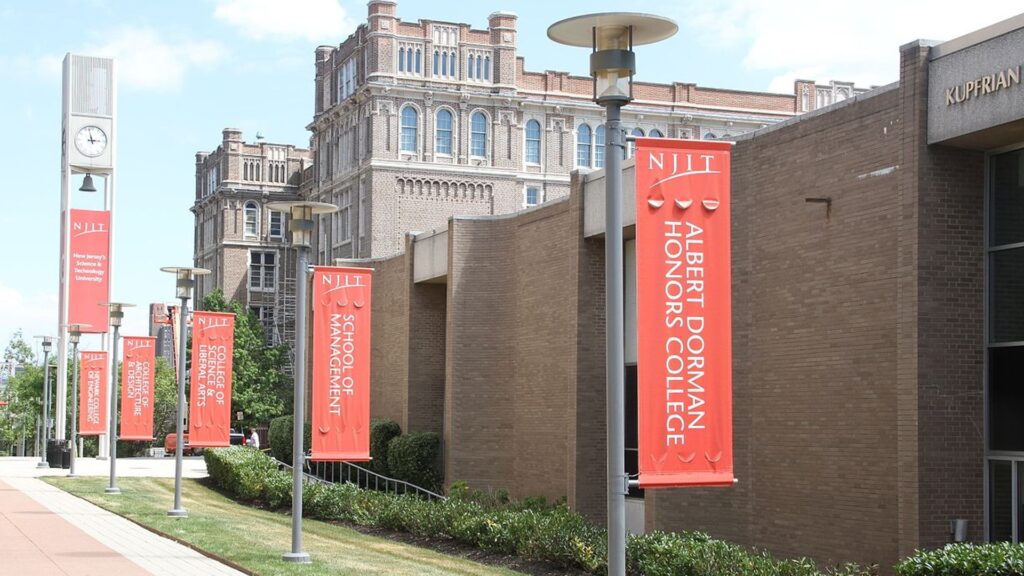Modeling Contaminant Transport, CHE 702
3 credits, Fall 2018
Mondays, 6:00-9:05, FMH 409
Instructor: Dr. Andrew JB Cohen
Contact Info: ajbcohen@njit.edu
Overview
This course focuses on the description, analysis, and prediction of the fate and transport of chemicals in groundwater, soil, and sediment. Principles of contaminant transport and associated mathematical and numerical models will be combined with problem sets that are based on real-world case studies of soil and groundwater remediation. This course will cover integration of field and laboratory data, together with qualitative and quantitative descriptions of contaminant transport, which form a basis of risk assessment and the selection/design of remediation technologies.
The overarching goal of this course is for students to gain both a conceptual understanding of contaminant transport processes and modeling approaches, as well as an ability to apply appropriate models to assess/simulate a contaminant transport scenario. “Modeling” includes conceptual renditions of transport phenomena, calculations, analytical solutions of differential equations, and computer simulations. Understanding the underlying theory, model assumptions and constraints, as well as the uncertainties associated with various models will be covered. As a teacher, my goal is to make this course an enriching experience; I strive to make it a valuable class.
Topics
• Conceptual Framework – What?, Why?, and Types of Models
• Fluid Mechanics Review, Properties of Porous Media, Fundamentals of Groundwater Flow
• Principles and Mathematics of Contaminant Fate & Transport in the Subsurface
• Groundwater Flow Geometry and Mapping Plumes
• Analytical & Numerical Modeling for Prediction/Data Analysis
• Model Uncertainty
• Non-Aqueous Phase Liquids
• Matrix Diffusion
• Contaminants of Emerging Concern
• Time permitting: Guest Lecture (biodegradation or other)
Grading
Midterm 30%; Homework 30%; Final Exam 30%; Class Participation (includes promptness) 10%.
Assignments
In-class problem sets and homework will be scheduled regularly. Homework will be handed out in class and are due the following week. Students will have an opportunity to correct their homework, if necessary, and hand them in again after they are initially graded, to receive full credit.
Exams
The midterm and final are closed-book exams. Exam etiquette: Come prepared to take an exam, phones off and put away, no eating during exams (drinks are fine).
Suggested References
• Pankow, J.F. and J.A. Cherry, 1996. “Dense Chlorinated Solvents and other DNAPLs in Groundwater: History, Behavior, and Remediation”, 1996. Free download available at theuniversityconsortium.org
• Freeze and Cherry, 1979. “Groundwater”. Free download at hydrogeologistswithoutborders.org
• Description, Properties, and Degradation of Selected Volatile Organic Compounds Detected in Ground Water —A Review of Selected Literature, USGS Open-File Report 2006-1338. Free download available online.
Significant Dates
Sep 10 1st Class
Oct 29 Midterm
Dec 17 Final
Prerequisites
Graduate standing in engineering or science; proficiency in mathematics expected as a graduate student in the School of Engineering.
Academic Integrity
Academic Integrity is the cornerstone of higher education and is central to the ideals of this course and the university. Cheating is strictly prohibited and devalues the degree that you are working on. As a member of the NJIT community, it is your responsibility to protect your educational investment by knowing and following the academic code of integrity policy that is found at:
http://www5.njit.edu/policies/sites/policies/files/academic-integrity-code.pdf.
Please note that it is my professional obligation and responsibility to report any academic misconduct to the Dean of Students Office. Any student found in violation of the code by cheating, plagiarizing or using any online software inappropriately will result in disciplinary action. This may include a failing grade of F, and/or suspension or dismissal from the university. If you have any questions about the code of Academic Integrity, please contact the Dean of Students Office at dos@njit.edu.

